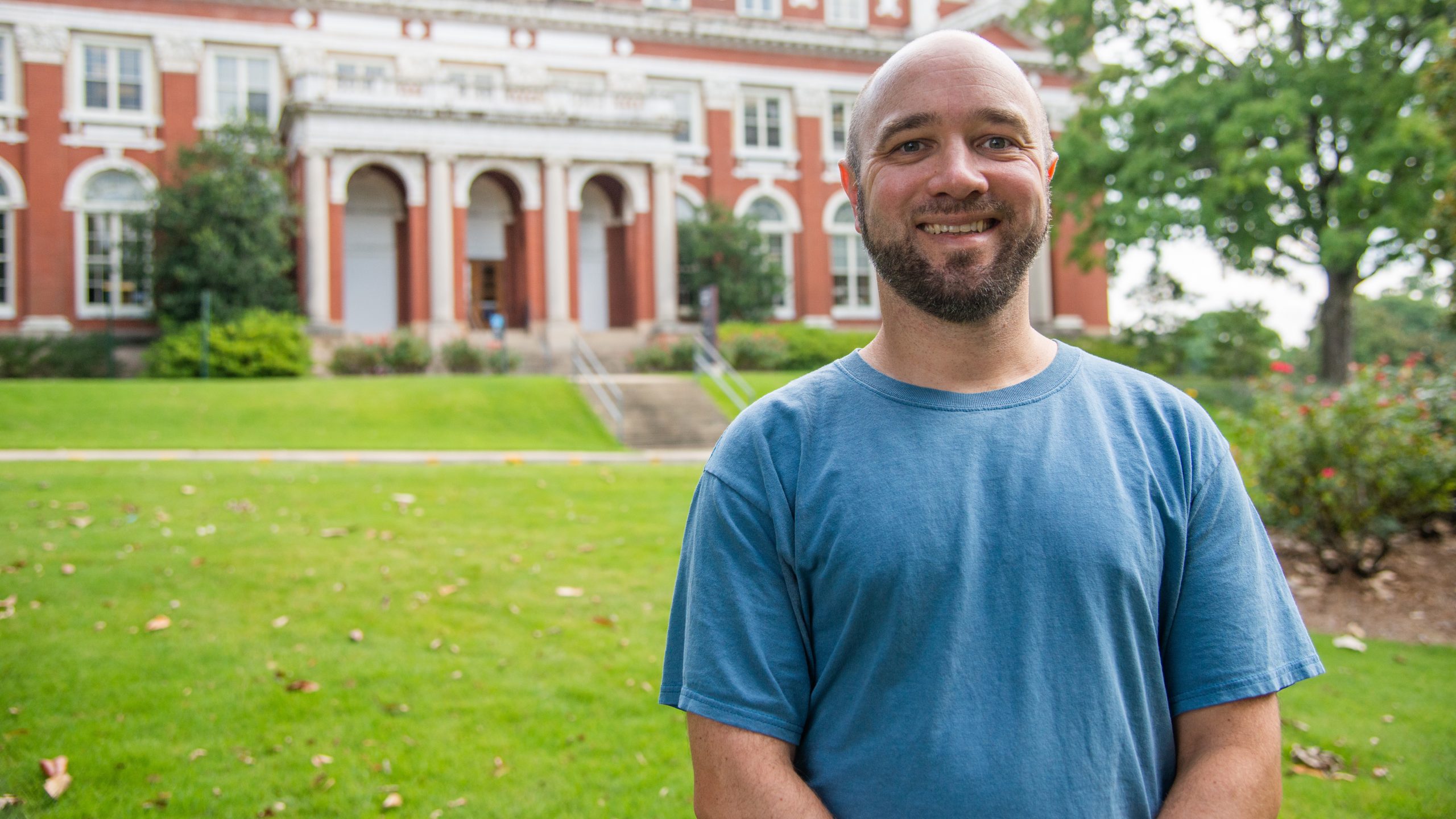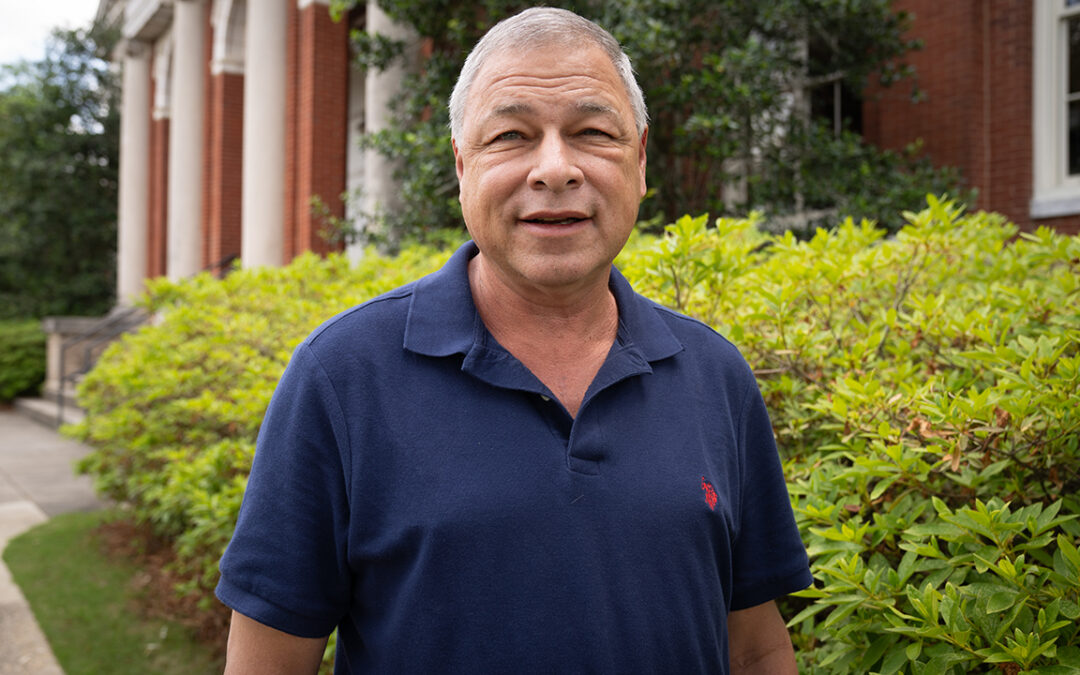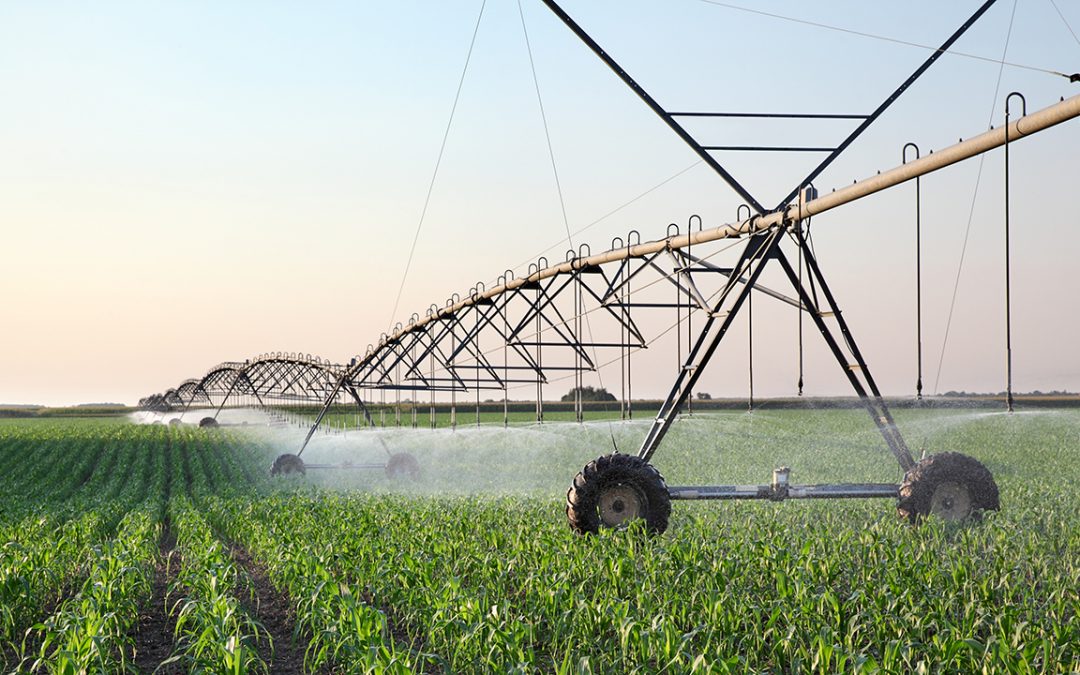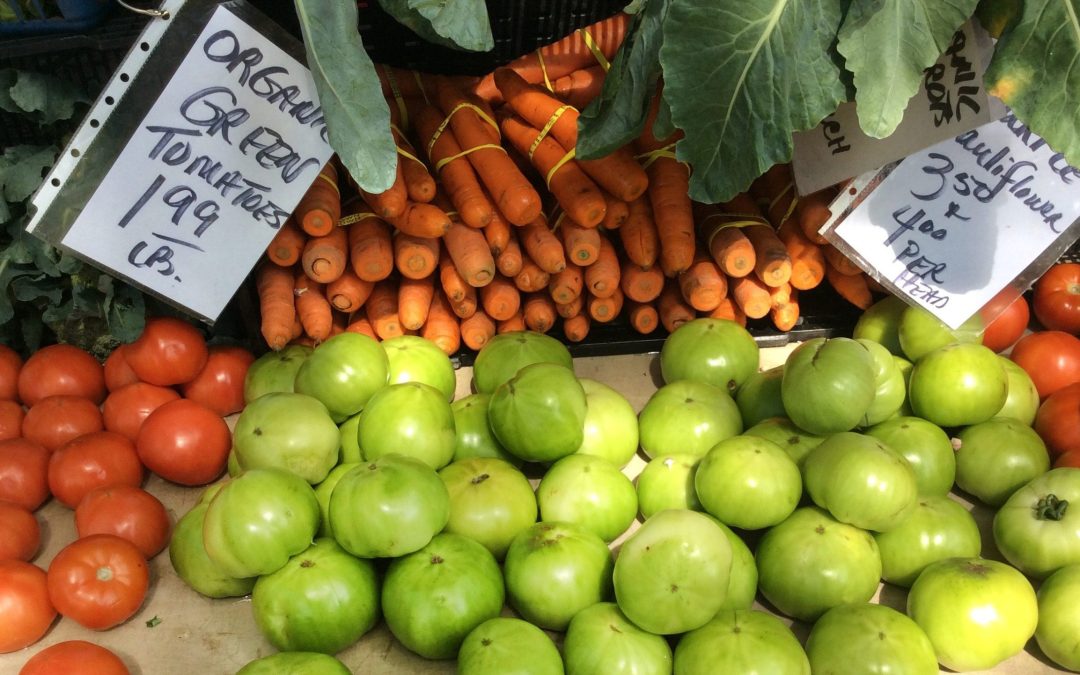College of Agriculture Assistant Professor Joel Cuffey is the co-author of a paper recently published by the American Journal of Health Promotion that looks at preferences toward different methods of COVID-19 testing.
The project came at a time when U.S. COVID-19 cases were spiking due to the spread of the Delta variant and low vaccination rates. The survey could provide some insight on the best methods of mass testing going forward.
The paper, titled Preferences Toward COVID-19 Diagnostic Testing Features: Results From a National Cross-Sectional Survey, measured responses from 1,505 respondents who were representative of the U.S. population.
There currently is little knowledge about the COVID-19 testing features that individualize prioritize when making the choice whether or not to test, Cuffey said.
In the survey, options differed by method (nasal-swab, saliva), location (hospital/clinic, drive-through, at-home), and monetary incentive ($0, $10, $20).
Preferences were categorized into four groups: 34% considered testing comfort (saliva versus nasal swab) most important, 27% were willing to trade comfort for monetary incentives, 19% would test only at convenient locations, and 20% avoided testing altogether. Relative to no monetary incentives, incentives of $100 increased the percent of testing avoiders (16%) and convenience seekers (70%) who were willing to test.
The survey concluded that preferences toward different COVID-19 testing features vary, highlighting the need to match testing features with individuals to monitor the spread of COVID-19.
There were two surprising findings in the survey, said Cuffey, who teaches and conducts research in the Department of Agricultural Economics and Rural Sociology.
“More than one-quarter of the survey respondents could be induced by monetary incentives to take a test at a less-convenient place or using a less-comfortable testing method,” he said. “Also, almost 20% of the survey respondents could not be induced by convenient testing location (at-home tests vs. tests in a clinic or hospital), more comfortable tests (saliva vs. nasal), or monetary incentives to take a test.”
Considering the recent surge of COVID-19 in the U.S., there are lessons from this research that can be applied to current testing efforts, Cuffey said.
“Testing for COVID-19 remains a vital way to track its spread, particularly as it spreads to populations such as young people that hadn’t been vulnerable before,” he said. “Our study shows that a substantial segment of the population remain resistant to undergoing a test. However, among those who were not resistant, providing monetary incentives could overcome logistical barriers to testing.”
A positive result of the survey, Cuffey said, is that given the right mixture of testing features (convenience of location, comfort of method, and monetary incentives), 80% of the respondents would be willing to test.
“The challenge will be to make tests with specific features available to those who value those features,” he said. “Our research suggests that we should be providing an array of different options for Covid-19 testing and also be intentional about targeting these options to the right populations.”
In addition to Cuffey, other authors of the survey include Bhagyashree Katare, Purdue University; Shuoli Zhao, University of Kentucky; Maria I. Marshall, Purdue University; and Corinne Valdivia, University of Missouri.
To read the complete survey, go to https://journals.sagepub.com/doi/10.1177/08901171211034093.





